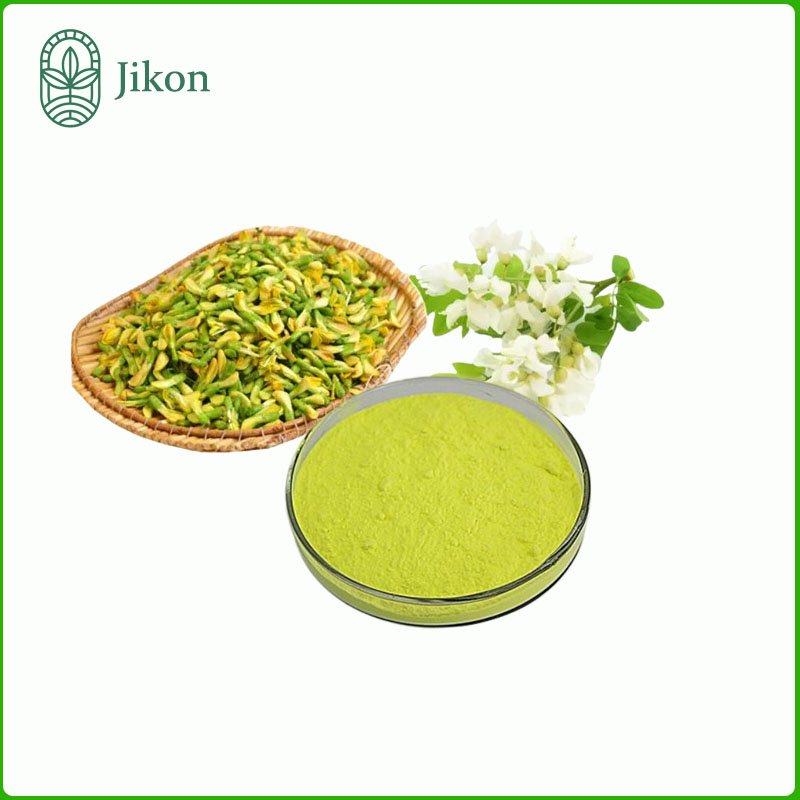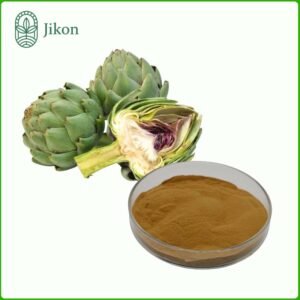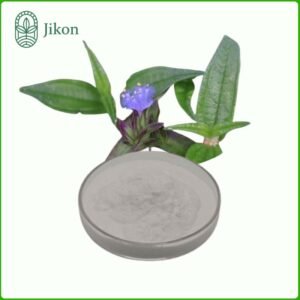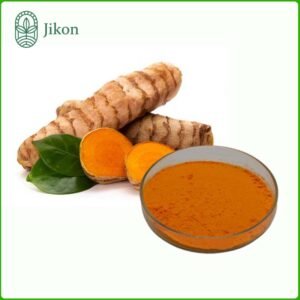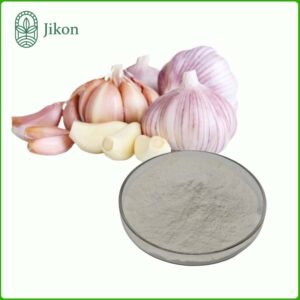Quercetin is a natural flavonoid with multiple effects including antioxidant and anti-inflammatory.
1. Antioxidant effect: Quercetin has a strong antioxidant ability, which can scavenge free radicals in the body, slow down cellular aging and protect cells from oxidative damage. This helps to prevent cardiovascular diseases, neurological diseases and other diseases related to oxidative stress.
2. Anti-inflammatory effect: Quercetin can inhibit inflammatory reactions and reduce inflammatory symptoms. This is helpful in relieving symptoms of inflammatory diseases such as arthritis and asthma.
3. Cardiovascular protection: Quercetin can lower blood pressure and cholesterol, thus reducing the risk of cardiovascular disease. At the same time, quercetin can also improve the endothelial function of blood vessels and prevent atherosclerosis.
| Quercetin (by HPLC) | ≥95% |
| Appearance | Yellow granular |
| Solubility | Practically insoluble in
water, soluble in acetone and in methanol. |
| Identification | Positive |
| Odor | Characteristic |
| Melting Point | 305℃-315℃ |
| Sieve Analysis | 100% pass 20 mesh
NMT 30% pass 60 mesh NMT 15% pass 80 mesh |
| Loss on drying | 9.0%-12.0% |
| Sulphated ash | ≤0.5% |
| Total Heavy Metal | ≤10ppm |
| Lead | ≤3ppm |
| Arsenic | ≤1ppm |
| Mercury | ≤0.1ppm |
| Cadmium | ≤1ppm |
| Total Plate Count | ≤10000cfu/g |
| Yeast & Mould | ≤300cfu/g |
| Salmonella | Negative |
| E.Coli | Negative |

